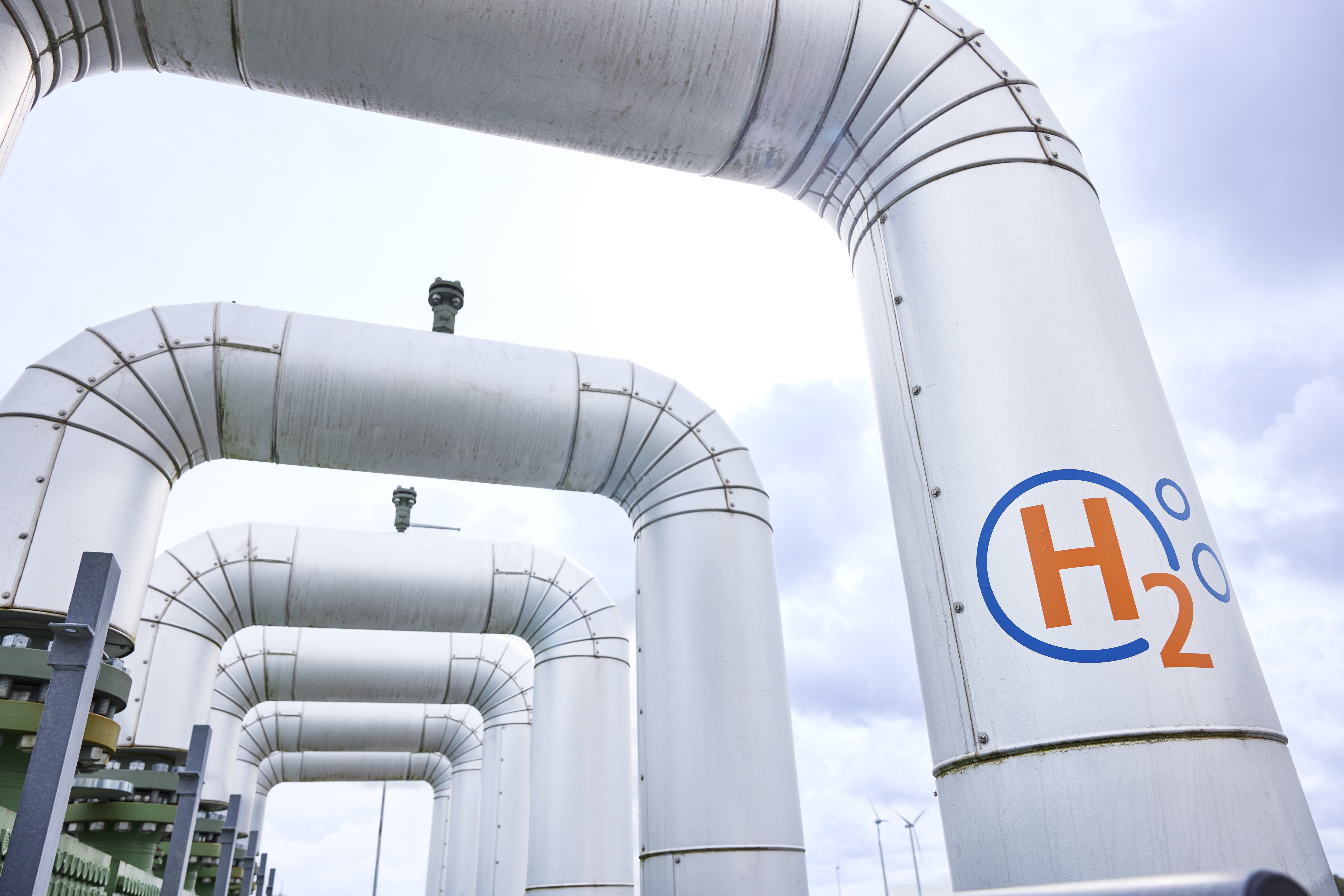After intensive planning, the transmission system operators have submitted their joint application for the hydrogen core network to the Federal Network Agency. They are thus submitting a Germany-wide, expandable, efficient and quickly realisable hydrogen network for approval. The core grid will gradually connect central consumption and production hubs as well as storage and import centres by 2032.
"The core network solves the chicken-and-egg problem by initially developing the infrastructure on the basis of a scenario worked out together with politicians. It lays the foundation for the ramp-up of the hydrogen economy. The FNB are thus making an advance payment: "The core network is the offer to the market, it comes for the market and continues to develop with it," explains Barbara Fischer, FNB Gas Managing Director.
"The TSOs are united behind the concept of the core network. Together, we are applying for the complete core network and will build and operate it step by step. The core network is intended to optimally promote and support the ramp-up of the hydrogen economy in Germany and Europe," affirms Dr Thomas Gößmann, Chairman of the FNB Gas Executive Board.
"The core network is the starting point for the development of a Germany-wide transport infrastructure. The next step is to further develop the infrastructure in order to bring hydrogen to a wider area. The TSOs and future hydrogen transport network operators are already working on this in close coordination with the distribution network operators as part of the integrated network development planning for gas and hydrogen," emphasises Fischer.
After the final application is submitted on 22 July 2024, the BNetzA has two months to review and approve it in accordance with Section 28q (8) EnWG. This includes a consultation on the core network submitted by the TSOs, which will run until 6 August 2024. Once the application has been approved by the BNetzA, construction of the core network will begin. The first lines are to be converted to hydrogen as early as next year.
"With the core grid, we are creating a central prerequisite for the successful hydrogen ramp-up in Germany and thus for the decarbonisation of industry and energy supply. It gives market participants the security they need to invest in the hydrogen economy and the transformation to climate neutrality. The hydrogen ramp-up is now a joint task for all market participants," says Gößmann.
About FNB Gas:
The Vereinigung der Fernleitungsnetzbetreiber Gas e.V. (FNB Gas), based in Berlin, is the association of German transmission system operators, i.e. the large supra-regional and cross-border gas transport companies, founded in 2012. The association focuses on network development planning for gas and hydrogen at the transport level. The association also acts as a point of contact for politicians, the media and the public.
The members of the association are bayernets GmbH, Ferngas Netzgesellschaft mbH, Fluxys TENP GmbH, GASCADE Gastransport GmbH, Gastransport Nord GmbH, Gasunie Deutschland Transport Services GmbH, GRTgaz Deutschland GmbH, Nowega GmbH, ONTRAS Gastransport GmbH, Open Grid Europe GmbH, terranets bw GmbH and Thyssengas GmbH. Together they operate a pipeline network of around 40,000 kilometres.
Press contact:
Association of Transmission System Operators Gas e.V.
Georgenstrasse 23
10117 Berlin
Tel: +49 (30) 9210 235 12
Fax: +49 (30) 9210 23543
barbara.fischer@fnb-gas.de
www.fnb-gas.de
